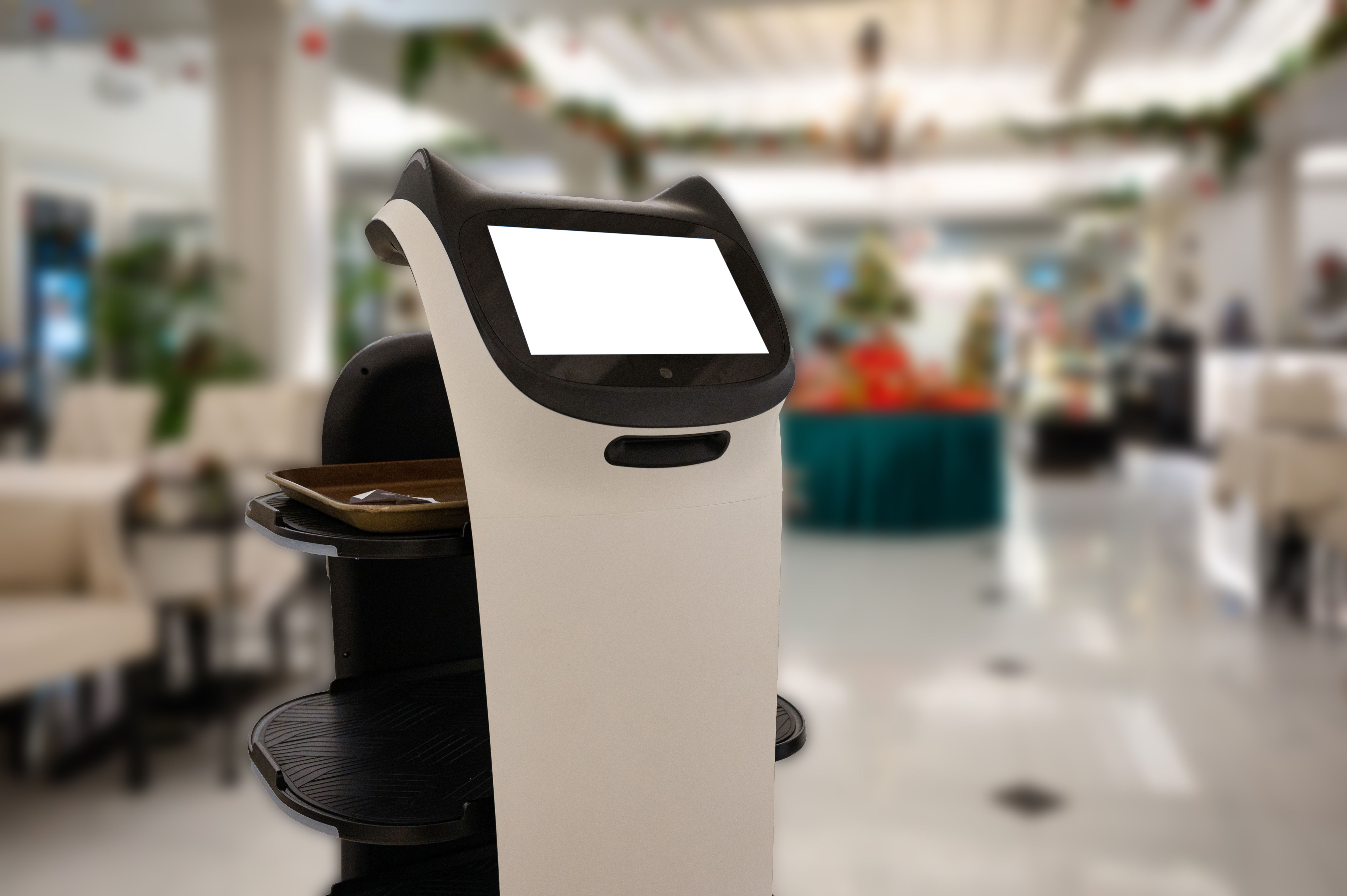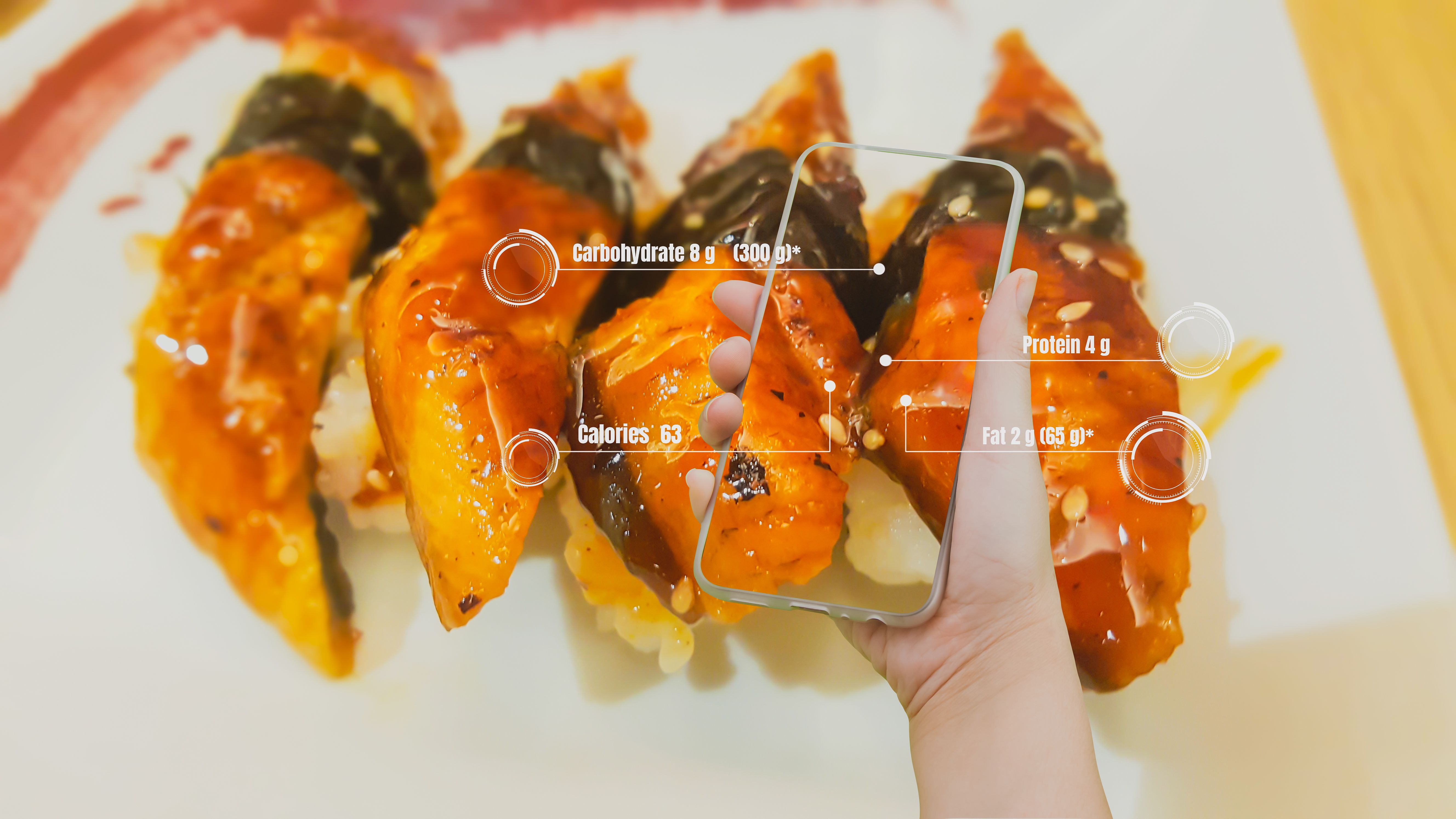Revolutionizing Food Service: Emerging AI Solutions
Transforming the Dining Experience
In recent years, the food service industry has witnessed a significant transformation, thanks to the integration of Artificial Intelligence (AI). These emerging AI solutions are not only enhancing operational efficiency but are also revolutionizing the way businesses interact with their customers. From automating mundane tasks to personalizing dining experiences, AI is gradually becoming an indispensable part of the food service landscape in Miami Restaurants. Carlos Ohep, Restaurant Technology Advisor Miami.
One of the most notable applications of AI in this industry is in the realm of customer service. AI-powered chatbots and virtual assistants are now capable of handling customer inquiries, taking reservations, and even managing feedback. These digital assistants work round the clock, ensuring that customers receive timely responses, hence improving customer satisfaction and loyalty.

Optimizing Operations with AI
AI is also playing a crucial role in streamlining restaurant operations. Through predictive analytics, AI can forecast customer turnout, helping restaurants optimize their inventory and staffing needs. This not only reduces wastage but also ensures that the establishment is well-prepared for peak hours without compromising on service quality.
Additionally, AI-driven kitchen automation tools are enhancing food preparation processes. Machines equipped with vision technology can now monitor cooking progress and adjust temperatures to ensure consistent quality. This level of precision not only improves efficiency but also maintains high standards of food safety and hygiene.
Personalized Dining Experiences
In today's competitive market, providing a personalized dining experience can set a restaurant apart. AI solutions are making it easier for establishments to tailor their offerings to individual preferences. By analyzing customer data, AI can suggest menu items based on dietary restrictions, past orders, and even current trends. Carlos Ohep, Restaurant Technology Advisor Miami.

Moreover, AI is being used to create dynamic menus that adjust based on real-time data. For instance, if a particular dish is selling more than others, the menu can automatically highlight or promote it. This level of personalization not only enhances customer satisfaction but also boosts sales.
Enhancing Delivery and Takeaway Services
The rise of food delivery services has been another area where AI has made a significant impact. Advanced algorithms are optimizing delivery routes, ensuring that food arrives hot and fresh while minimizing delivery times. This results in increased efficiency and happier customers.
Furthermore, AI is being utilized in managing customer expectations during peak times. By providing accurate delivery time estimates and real-time tracking, customers can plan better and have a more satisfying experience.Carlos Ohep, Restaurant Technology Advisor Miami.

The Future of AI in Food Service
The potential of AI in the food service industry is vast and continually evolving. As technology advances, we can expect even more innovative solutions that will further enhance both backend operations and customer-facing services. From robotic chefs to fully automated restaurants, the future holds exciting possibilities for food service businesses willing to embrace AI.
However, as with any technological advancement, there are challenges to consider, such as data privacy and the need for human oversight. Balancing these concerns with the benefits AI brings will be crucial for its successful integration into the food service industry.
Carlos Ohep, Restaurant Technology Advisor Miami.
